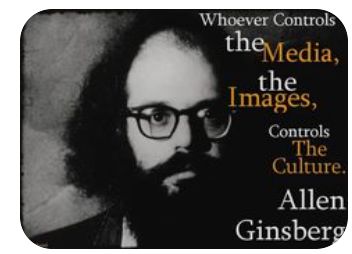Mass media and entertainment have a profound influence on culture, shaping societal norms, values, and perceptions. From the early days of newspapers, radio, and television to the rise of social media and streaming platforms, mass media has evolved into a powerful tool for influencing public opinion and cultural development.

Shaping Ideals and Trends ll
Mass media often plays a significant role in defining beauty standards, fashion trends, and social behaviors. Through advertising, movies, TV shows, and magazines, media often portrays idealized images of beauty, success, and happiness. These portrayals create societal pressures, influencing individuals to conform to specific ideals.
For instance, media’s depiction of slim bodies as the beauty standard has led to widespread concerns over body image, especially among women and adolescents. The same goes for fashion trends, with celebrities and influencers setting trends that millions follow globally. Moreover, entertainment shapes public perceptions of professions, relationships, and social issues. A popular TV show or movie can spark new trends in how people talk, dress, or even think about societal issues. For example, the rise of environmental awareness in pop culture has encouraged more people to adopt sustainable living practices.

Political and Social Influence : News outlets and entertainment platforms often influence how people view politics and social movements. Media coverage and representation can either bolster or marginalize specific groups and ideologies. For instance, the media’s portrayal of protests or political movements can frame them positively, as righteous causes, or negatively, as disruptive.
Social movements like Black Lives Matter, Me Too, and climate activism have gained significant momentum partly due to their coverage and representation in the media. Social media, in particular, has empowered individuals to voice concerns, mobilize support, and challenge traditional power structures, changing how culture and society respond to these issues.
Reinforcement of Stereo types one of the downsides of media influence is the reinforcement of cultural stereotypes. Entertainment often relies on oversimplified representations of races, genders, and classes, which can perpetuate harmful stereotypes. Movies and TV shows have historically presented characters from marginalized communities in limiting roles, reinforcing societal biases. While there have been improvements in diverse representation, many media portrayals still fall into stereotypical tropes, influencing how people perceive different social groups.
Creation of a Shared Experience mass media and entertainment foster a sense of shared experience and collective identity. Global events like the World Cup, the Olympics, or blockbuster movies create moments of communal participation. The stories, music, and entertainment people consume can unify them, as they provide common topics of discussion and a shared cultural lexicon.Social media platforms take this further by enabling real-time interaction. Fans of a particular TV show or movie franchise can discuss plot twists, share fan theories, and engage in communal activities, creating global subcultures around specific entertainment phenomena.
The Spread of Global Culture With the rise of digital platforms and streaming services, media content has transcended national borders, leading to the globalization of culture. For example, the international popularity of K-pop, anime, and Hollywood films illustrates how entertainment from one region can become a global phenomenon. This globalization of media helps break down cultural barriers but also raises concerns about cultural homogenization, where dominant cultures overshadow local traditions and practices.
Mass media and entertainment significantly shape modern culture by influencing how people perceive beauty, success, politics, and social norms. While media has the power to create positive social change by promoting awareness and inclusivity, it also has the potential to perpetuate stereotypes and cultural homogenization. The rapid evolution of media platforms continues to mold our cultural landscape, making it a pivotal force in shaping societal values and behaviors.




